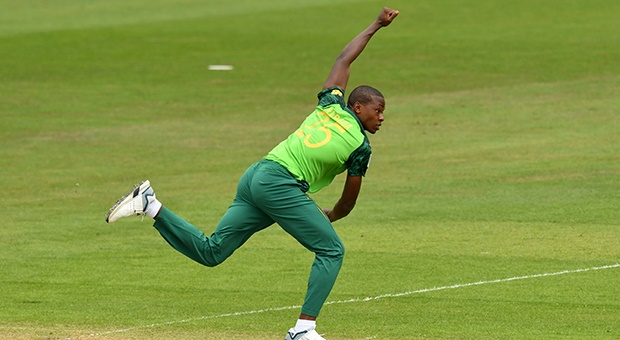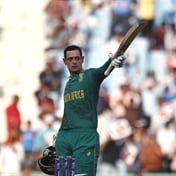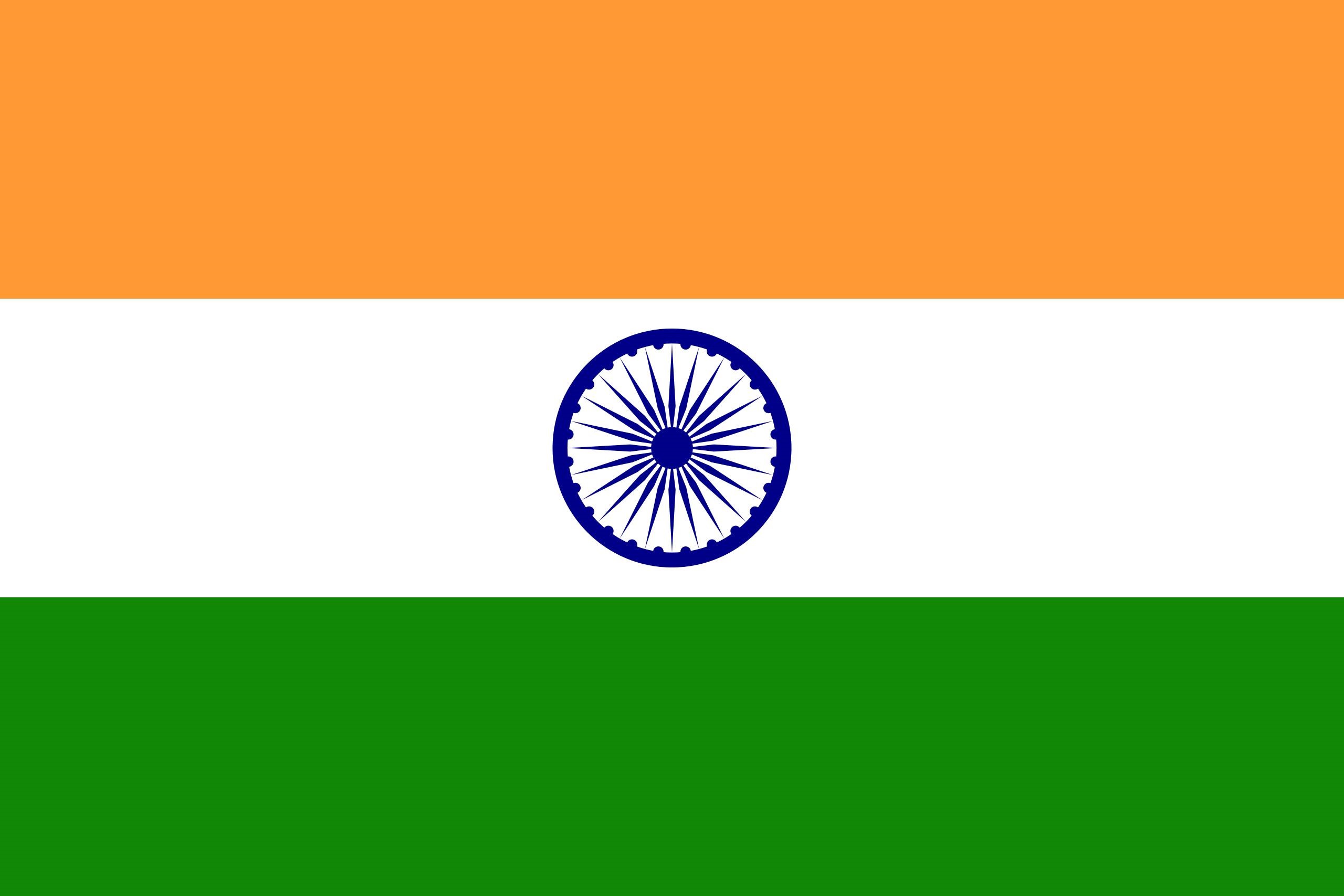
The South African cricket team comprise some of the most highly ranked players in the world as documented by the International Cricket Council (ICC) in all three formats of the game, particularly in the One-Day International (ODI) format. Despite these accolades, inevitably, the question arises as to why the team (currently ranked in the top 5 across all formats) repeatedly fail to advance and win world stage tournaments.
Factors contributing to the Proteas’ downfall during ICC tournaments
Tactical decisions
It is noteworthy to assess whether batting first or second plays a significant role in the success of the South African team as observed from their history at the World Cups. As seen in Table 1, South Africa had lost three of their knockout games in 1992, 2003 and 2015 resulting in a Duckworth-Lewis (D/L) prediction. Had the D/L method provided the basis of purely bad luck or was it also a poor interpretation of this method by the Proteas in the 2003 World Cup? The table also shows that South Africa had batted second, five times out of their seven World Cup knockout game defeats. The only ICC trophy that the Proteas can be proud of is the Champions Trophy in 1998 and even then they had batted first to win the game against the West Indies by four wickets. Therefore, are South Africa more successful at batting first in ICC tournaments and more successful at batting second in yearly ODI matches? This is quote a relative question. In addition, South Africa only batted first on two occasions when they lost in a semi-final match in both 2007 and 2015 against Australia and New Zealand, respectively (Table 1).
Tournament reach
Interestingly, South Africa had only reached the semi-finals in commonwealth nations (Australia in 1992 and 2015; England in 1999 and West Indies in 2007), the quarter-finals in the Middle-East (1996 and 2011) and regrettably, the first round their own backyard.
Team variations
Furthermore, the nature and variances of the team in the last two decades have changed considerably with only nine players having represented South Africa at three or more World Cups and more than six new players representing South Africa in their first World Cup campaign. Whilst some may argue that this could be the reason for the failure of the team to advance, there is a much more interesting question to address; why have Australia dominated the Cricket World Cup for close to a decade between 1999 and 2007 where they also had similar variances in the team with just more than four players representing their country in more than three World Cups? This could either be due to a number of reasons such as their core players achieving higher rankings than the South African team. Whilst this element is noted, the consistency of the Australian team in the three World Cups with only fewer players having been changed can also be considered. In addition, they had also provided efforts behind the mental toughness for game preparation and was not just favourable luck or sheer class performances by the Australians.
Transformation
One determinant that can affect a team variation is the South African transformation charter in sport. Although the transformation and quota policy was only administered after the 1999 Cricket World Cup, it is still interesting to notice the shift in team dynamics in the last decade. Figure 1 shows that only one quota player (based on merit selection) was at the 1992, 1996 and 1999 world cups respectively. From the 2003 World Cup, the quota of players had increased until the 2015 World Cup. The dip in quota players during the 2011 World Cup is due to some players wanting only to be selected on the basis of merit and not quotas (Figure 1). As such, the transformation in South African sport can potentially be placing a burden on national and international sport players and should rather be focused at grass-root levels. Therefore, the said top-bottom approach needs to be replaced with a bottom-top approach.
The Media
Over the years, the ‘Chokers’ label had developed and has been in-grained into the minds of all South Africans and the world (not just the players themselves). Although the players have tried their best to refrain from the use of such a demeaning term to describe their performances over the years, for some of the new players making the South African team, it still gets caught into their back of their minds. In addition, the media are quick to label the proteas as ‘Chokers’ so that the term is more familiar to the public, instead of understanding the reasons why they failed at each World Cup (as explained above). As such, it is suggested that the media refrain from the continuous label of ‘Chokers’ so that courage and hope can be spared for the Proteas cricket team at the next ICC World Cup in England in 2019.
How can the next ICC tournament be more successful for South Africa?
In addition to the media, the transformation issue in South Africa needs to be revisited as this is impacting on selection, and for future world cups to come. The management of the team need to also understand the psychological and personality profiles (see Table 2) of the player as well as the cultural dynamic. Failure to understand these determinants may result in a deficit of players’ performances where players have to spend more than 70% of their time off their field instead of the 30% of the time spent on the field during such ICC tournaments. Furthermore, a social worker together with a psychologist/mental conditioning coach is needed at every tournament in order to accurately extrapolate the only cultural diverse cricket team in the ICC.
Noorbhai MH
BA Sport Psychology (UJ), BSpSc (Hons) Biokinetics (UKZN), MPhil Biokinetics (UCT), PhD Exercise Science (UCT))
Researcher in Sports Science and Public Health, University of Cape Town
Correspondence to: Dr Habib Noorbhai (habib.noorbhai@uct.ac.za)
Disclaimer: Sport24 encourages freedom of speech and the expression of diverse views. The views of columnists published on Sport24 are therefore their own and do not necessarily represent the views of Sport24.




 Publications
Publications
 Partners
Partners











